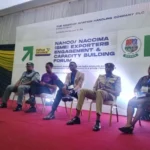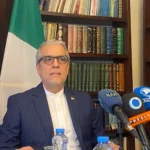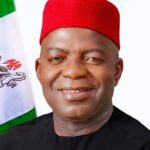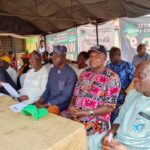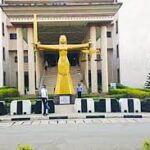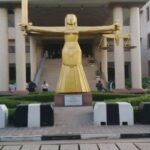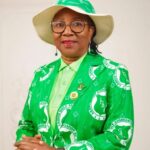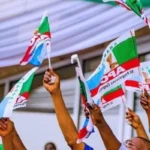2023 general election is one of the fairest polls – Organisation
By Emmanuel Oloniruha No Alternative To Tinubu 2023 (NATT 2023), a political pressure group, says the 2023 general election remains one of the fairest elections recorded in the country. This is in spite of acknowledged few irregularities perpetuated by the major political parties during the polls, the group said. TheContinue Reading

